The agriculture and landscaping industries rely heavily on tools that can efficiently prepare soil for planting or gardening. One such indispensable tool is the rotivator tiller. In this article, we will explore the features, benefits, and applications of rotivator tillers, highlighting how they empower businesses in achieving enhanced efficiency. 1. Understanding the Rotivator Tiller: 1.1 What is a Rotivator Tiller? A rotivator tiller is a mechanized tool used to break up soil and prepare it for planting or gardening. It consists of rotating blades or tines that dig into the soil, breaking it apart and pulverizing it. Rotivators can be classified as handheld models, walk-behind machines, or even tractor-mounted attachments. 1.2 Types of Rotivator Tillers: – Mini rotivator: Ideal for small-scale gardens or tight spaces, this handheld machine is lightweight, easy to maneuver, and suitable for domestic applications.

.
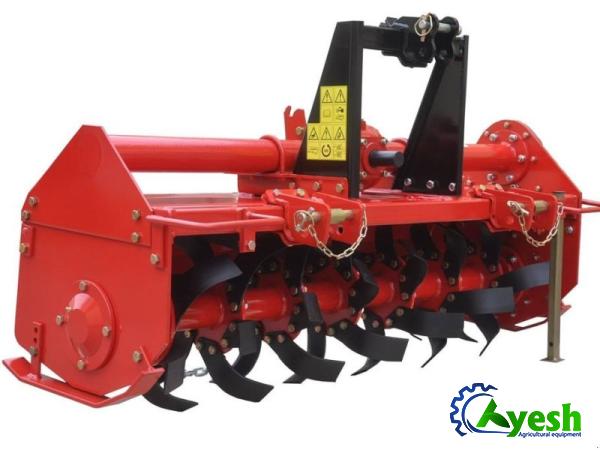 – Mid-sized rotivator: These walk-behind machines offer greater power and stability, making them suitable for larger gardens or commercial usage. – Tractor-mounted rotivator: Designed for large farms and extensive landscaping projects, these tillers are attached to tractors, significantly increasing efficiency and productivity. 2. Benefits of Rotivator Tillers: 2.1 Time and Labor Saving: Rotivator tillers automate the process of soil preparation, significantly reducing manual effort and time required for traditional methods. A rotivator can perform tasks that would normally take hours, or even days, in a fraction of the time. 2.2 Enhanced Efficiency: The rotating tines or blades of a rotivator tiller effectively break up compacted soil, eliminating the need for manual digging, tilling, or hoeing. This ensures a more even and precise soil preparation, leading to healthier plants and increased productivity.
– Mid-sized rotivator: These walk-behind machines offer greater power and stability, making them suitable for larger gardens or commercial usage. – Tractor-mounted rotivator: Designed for large farms and extensive landscaping projects, these tillers are attached to tractors, significantly increasing efficiency and productivity. 2. Benefits of Rotivator Tillers: 2.1 Time and Labor Saving: Rotivator tillers automate the process of soil preparation, significantly reducing manual effort and time required for traditional methods. A rotivator can perform tasks that would normally take hours, or even days, in a fraction of the time. 2.2 Enhanced Efficiency: The rotating tines or blades of a rotivator tiller effectively break up compacted soil, eliminating the need for manual digging, tilling, or hoeing. This ensures a more even and precise soil preparation, leading to healthier plants and increased productivity.
..
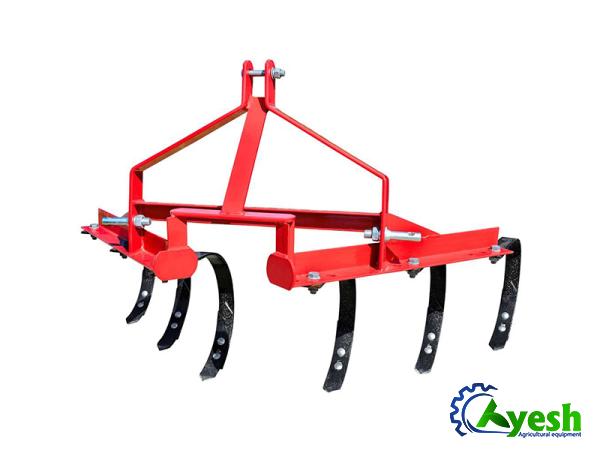 2.3 Weed Control: Rotivator tillers can help control weeds by uprooting them from the soil, thus reducing the reliance on herbicides. By removing weeds at the root level, the tiller prevents further weed growth, providing a weed-free environment for your crops or plants. 2.4 Versatility: Rotivator tillers can be used for various applications including gardening, farming, landscaping, and even construction. They can be adjusted to different tilling depths and widths according to specific requirements, making them versatile and adaptable to different soil types and terrains. 3. Applications of Rotivator Tillers: 3.1 Agriculture: Rotivator tillers are extensively used in agriculture for soil preparation before planting crops. They efficiently break up compacted soil, ensuring proper aeration, water percolation, and nutrient distribution. This promotes healthier root growth and improves overall crop yields. 3.2 Landscaping and gardening: For landscapers and gardeners, rotivator tillers are invaluable tools for preparing soil beds before laying turf, planting flowers, or creating vegetable gardens.
2.3 Weed Control: Rotivator tillers can help control weeds by uprooting them from the soil, thus reducing the reliance on herbicides. By removing weeds at the root level, the tiller prevents further weed growth, providing a weed-free environment for your crops or plants. 2.4 Versatility: Rotivator tillers can be used for various applications including gardening, farming, landscaping, and even construction. They can be adjusted to different tilling depths and widths according to specific requirements, making them versatile and adaptable to different soil types and terrains. 3. Applications of Rotivator Tillers: 3.1 Agriculture: Rotivator tillers are extensively used in agriculture for soil preparation before planting crops. They efficiently break up compacted soil, ensuring proper aeration, water percolation, and nutrient distribution. This promotes healthier root growth and improves overall crop yields. 3.2 Landscaping and gardening: For landscapers and gardeners, rotivator tillers are invaluable tools for preparing soil beds before laying turf, planting flowers, or creating vegetable gardens.
…
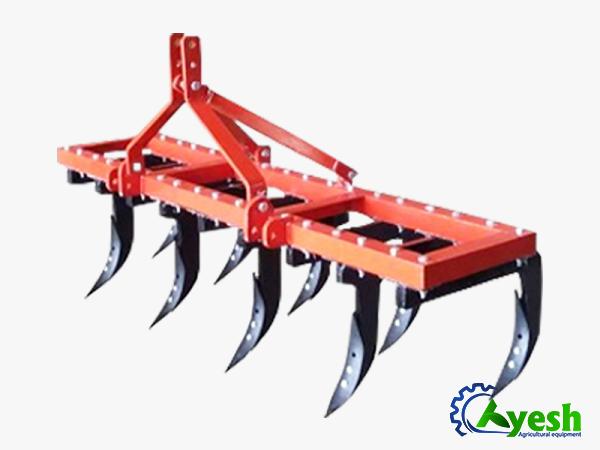 They help achieve a fine, crumbly soil texture, essential for strong root development and overall plant health. 3.3 Construction and Ground Preparation: Rotivator tillers are also used in construction projects for ground preparation, leveling uneven surfaces, or preparing areas for turfing or seeding. These tillers are capable of breaking through hard ground or compacted soil, saving time and effort during preliminary site works. Conclusion: With their efficient soil preparation capabilities and versatile applications, rotivator tillers have become indispensable tools in the agricultural, landscaping, and construction industries. Offering time and labor savings, enhanced efficiency, and weed control, rotivator tillers prove to be valuable investments for businesses, enabling them to achieve optimal results and thrive in their respective fields.
They help achieve a fine, crumbly soil texture, essential for strong root development and overall plant health. 3.3 Construction and Ground Preparation: Rotivator tillers are also used in construction projects for ground preparation, leveling uneven surfaces, or preparing areas for turfing or seeding. These tillers are capable of breaking through hard ground or compacted soil, saving time and effort during preliminary site works. Conclusion: With their efficient soil preparation capabilities and versatile applications, rotivator tillers have become indispensable tools in the agricultural, landscaping, and construction industries. Offering time and labor savings, enhanced efficiency, and weed control, rotivator tillers prove to be valuable investments for businesses, enabling them to achieve optimal results and thrive in their respective fields.
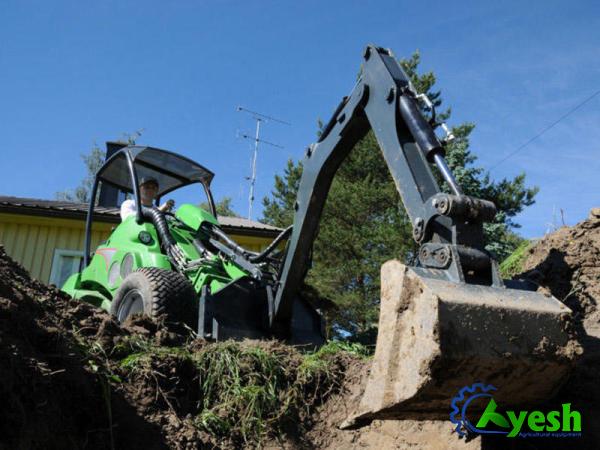
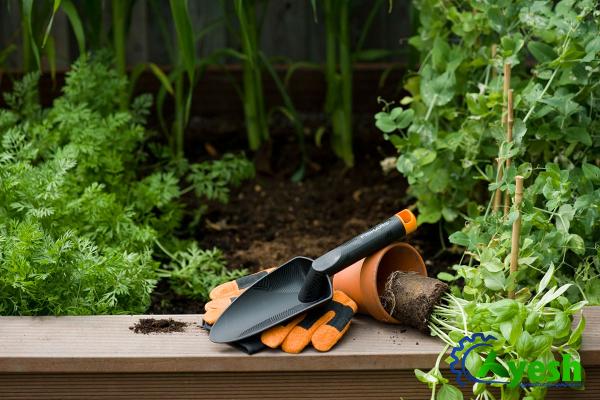
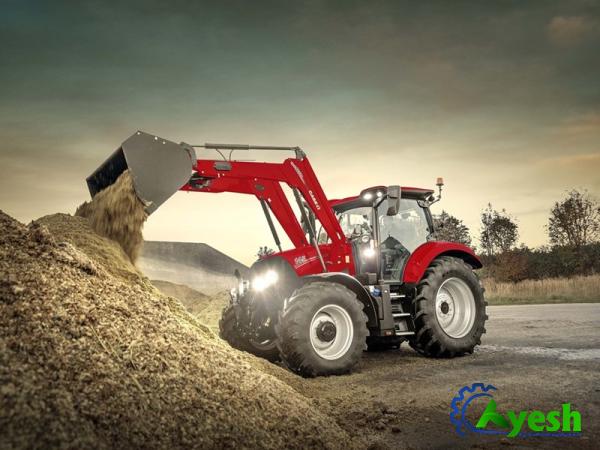
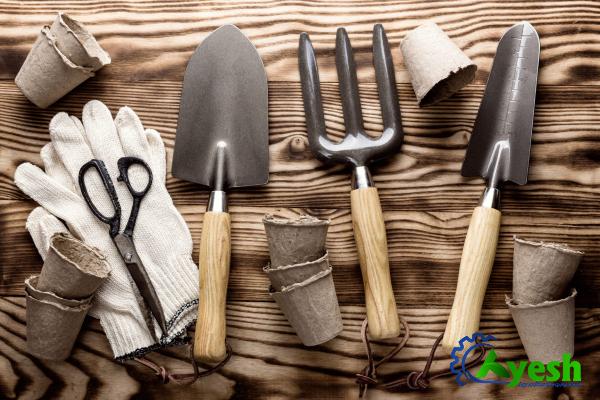
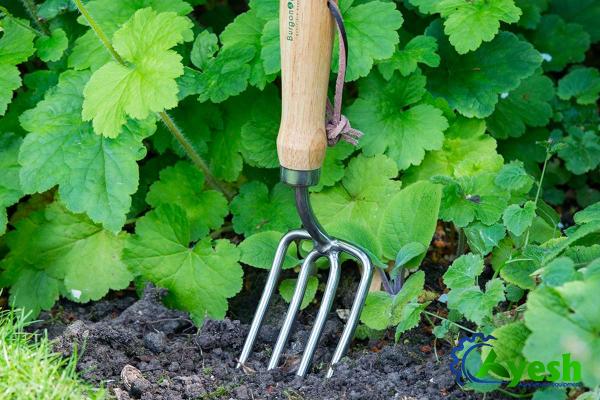
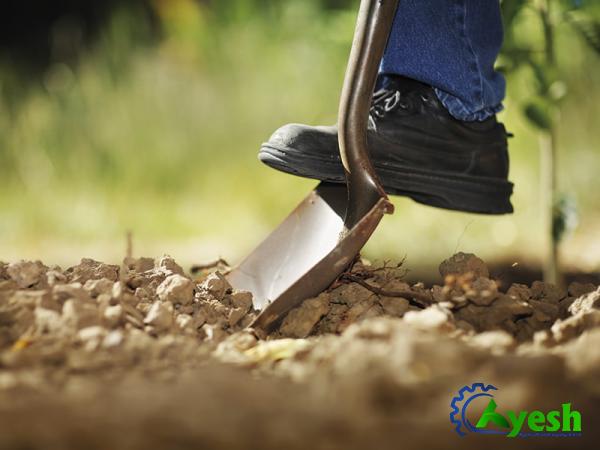
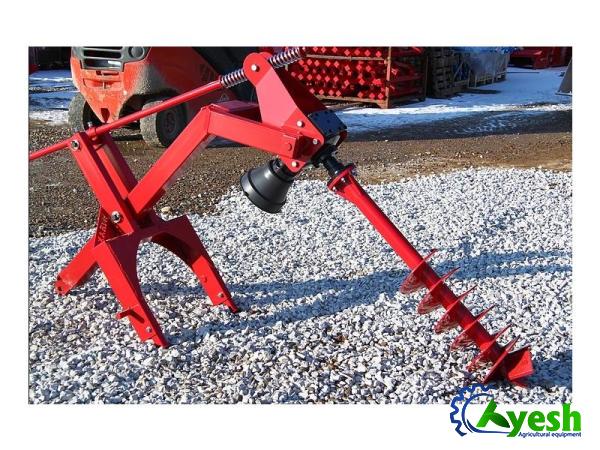
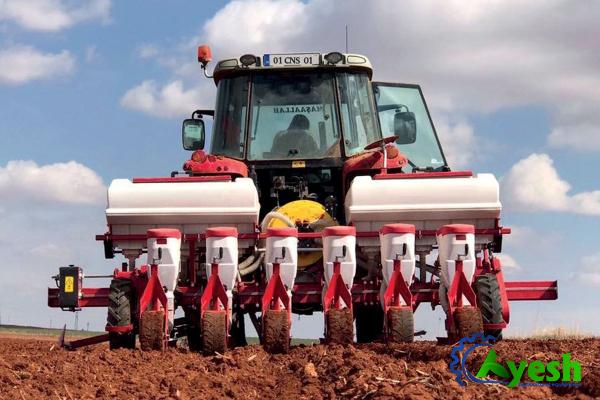
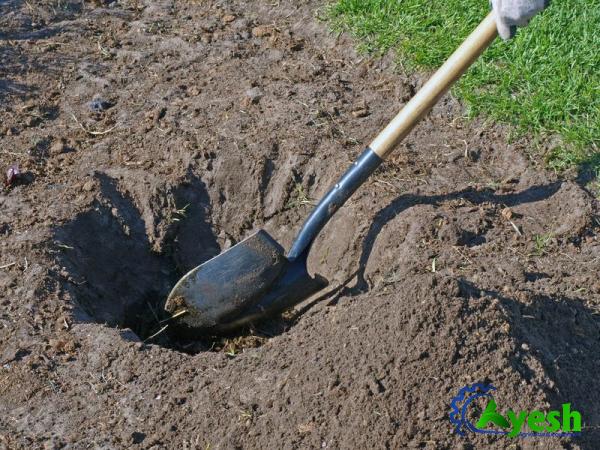
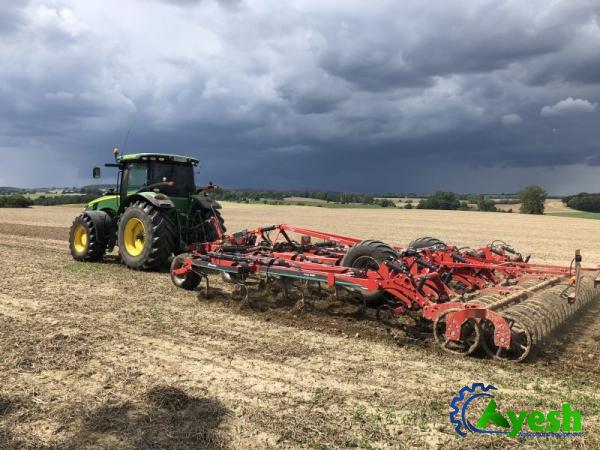
Your comment submitted.